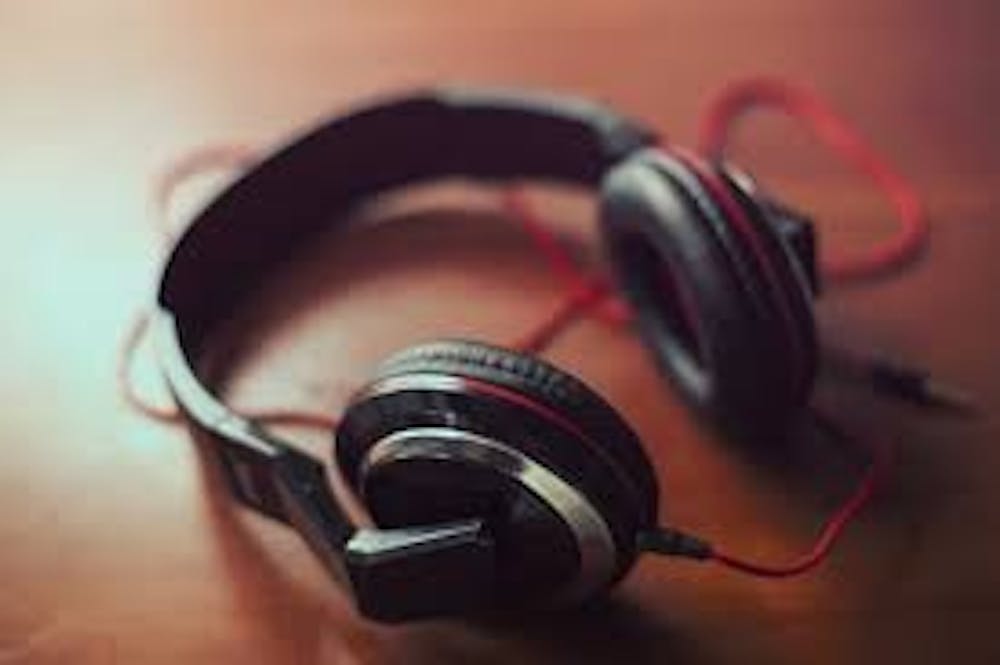Psychological studies show that music has an effect on the way people feel, think and behave. Music is beneficial, especially to those with anxiety and depression, but evidence has also shown that some music is linked with violent behavior.
There is proof that listening to music may affect your long-term health; other studies have shown that listening to music is correlated with an increase in the production of certain antibodies. Antibodies are proteins in the blood that can combat foreign substances and help prevent disease.
A recent study conducted by the Wake Forest Baptist Medical Center has shown that listening to music not only improves health but, more specifically, listening to a person’s favorite type of music can also increase functional brain connectivity.
In the study, the researchers took fMRI scans of 21 people while they were listening to different genres of music, including their stated favorite genre.
Across 21 participants, the results were fairly consistent. While listening to their favorite type of music, the fMRI showed that the participants’ brains had the highest connectivity in the neural pathway, which is known to control empathy and self awareness. There was a clear difference in connectivity when the patients were listening to genres they liked less.
“Given that music preferences are uniquely individualized phenomena and that music can vary in acoustic complexity and the presence or absence of lyrics, the consistency of our results was unexpected,” the study, published in the journal Scientific Reports, reads.
“These findings may explain why comparable emotional and mental states can be experienced by people listening to music that differs as widely as Beethoven and Eminem.”
Learning to play music is believed to have an even greater effect on one’s brain. It is believed by many scientists that learning to play an instrument increases gray matter in the brain, areas associated with muscle control, memory, decision making and self-control. For these reasons, musicians are known to have increased memory and problem-solving skills.
Furthermore, music is also known to have significant health benefits to those with mental illness. Playing music, lyric analysis and even song writing is known to increase emotional expression in patients, which can help those with anxiety, depression or even survivors of trauma to process emotions and find comfort and peace in times of trouble.
It is hard to deny the positive effects that music can have on people, yet other recent studies have shown that there might be negative effects as well.
A recent study conducted at the University College Birmingham in the U.K. suggests that “drill” music, also known as hip-hop music with violent or nihilistic lyrics, can be associated with attention-seeking crime. The researchers also proposed how the prevalence of social media in this day and age can increase this effect with the larger potential to share this type of music.
Scientists agree that measuring association between music and action can be extremely tricky. It could be possible that those with violent tendencies prefer drill music, and the music does not cause the behavior.
However, other previous studies, specifically one published in the Journal of Personality and Social Psychology in 2003, demonstrated that students who listened to violent music seemed to be more aggressive and hostile in thought after listening to violent music. This was measured by the tendency of those people to interpret words more aggressively that those who did not listen to violent music.
Despite these examples, scientists still see music as beneficial to one’s health. Jonathan Burdette, a neuroradiologist at Wake Forest Baptist Medical Center, grew up singing and playing guitar and piano. Burdette believes that physicians in the U.S. should place a larger focus on music therapy, which is used widely in other countries to correct different emotional and behavioral problems.
“Music isn’t going to cure anything, but it definitely can play a therapeutic role,” Burdette said, according to ScienceDaily. “If you’re trying to restore neuroplasticity in the brain, to re-establish some of the connections that were there before the injury, music can be a big help, and I’d like to see it used more widely in this country,” he said.
Burdette is also a supporter of other programs involving music-healing, especially those used to help those with Alzheimer’s and dementia.





